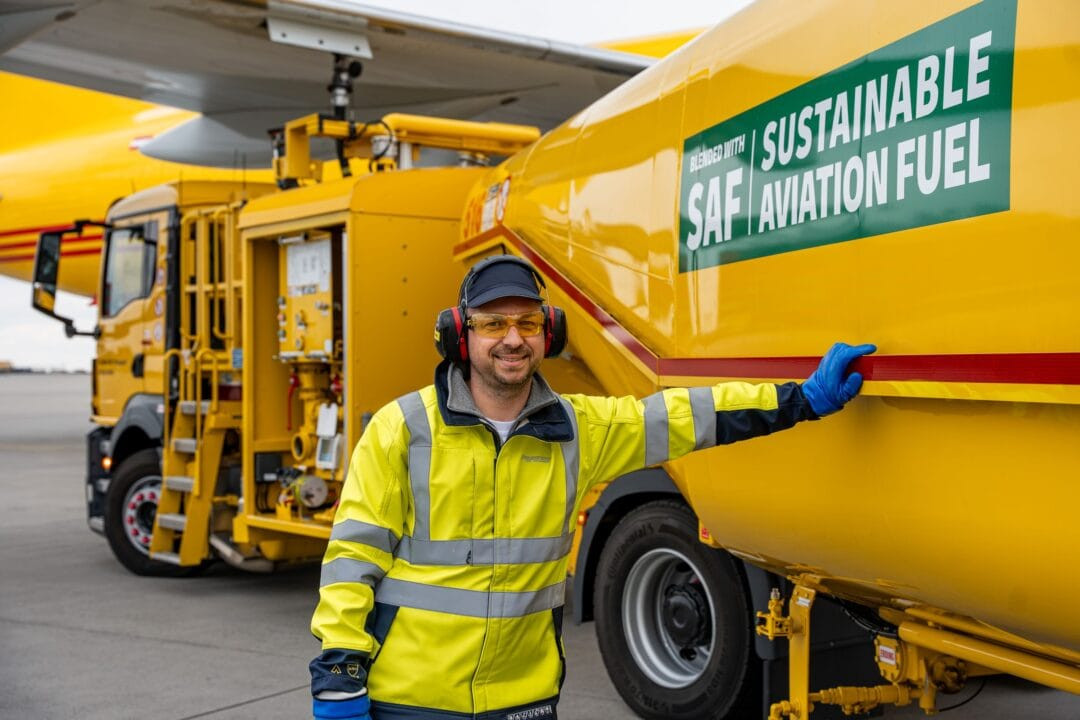
SkyCell, the purpose-driven technology company transforming the pharmaceutical supply chain, has partnered with dental and medical company Ivoclar to improve reverse logistics operations.
This first-of-its-kind partnership aims to significantly reduce carbon dioxide emissions, reduce waste, and lower overall costs. The new strategy eliminates empty return flights by filling SkyCell containers with Ivoclar pallets at the warehouse of joint transportation and logistics partner DSV Air & Sea.
Read: GEODIS receives IATA CEIV Pharma certification for its Copenhagen center
The global pharmaceutical industry moves more than $1 trillion worth of goods annually, and some of these pharmaceutical products are transported under strict, temperature-controlled conditions to maintain their effectiveness and, in many cases, save lives. However, the current logistics landscape often sees transport containers returned empty to their source, contributing to unnecessary emissions and inefficiency.
Building on a successful pilot launched in December 2023 and officially launched in February 2024, the collaboration strengthens partnerships with leading transportation and logistics service providers. Previously, SkyCell shipped its hybrid containers loaded with pharmaceuticals from various manufacturers to the USA, while Ivoclar sent its products from its facility in Somerset, USA to destinations such as Zurich, Europe, to meet global demand.
“As shown in a recent MIT study, tracking emissions from reverse logistics is a major challenge for most pharmaceutical companies,” said Paolo Baumgartner, Head of Operations, Supply and Procurement at SkyCell. “However, by integrating Ivoclar platforms into our hybrid containers , we improve shipping efficiency, which reduces CO2 emissions and brings us closer to our goal of climate neutrality.
“Innovation does not always mean reinventing the wheel,” said Olivier Hitt, Global Transport Director at Ivoclar. “Our goal is to improve value creation within the supply chain by developing new approaches within the existing framework. We achieve this by using available resources in a collaborative way without any additional costs.” And by finding synergies.
SkyCell’s commitment to reducing emissions is further highlighted in its latest sustainability report, which details ongoing efforts and results across its value chain. The company aims to improve transportation repositioning by enhancing its operational capabilities, increasing the number of containers available, and using more sea freight for reverse logistics.
Read: Qatar Airways Cargo unveils the largest live animal center in the world

